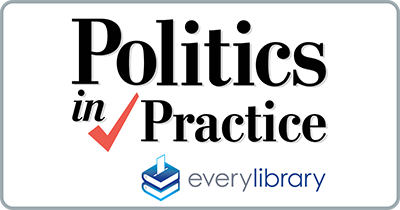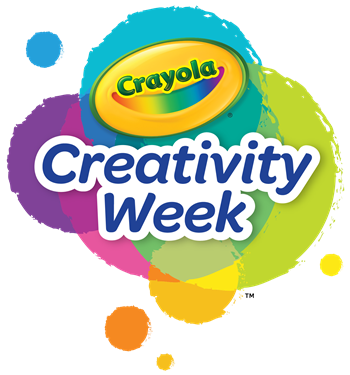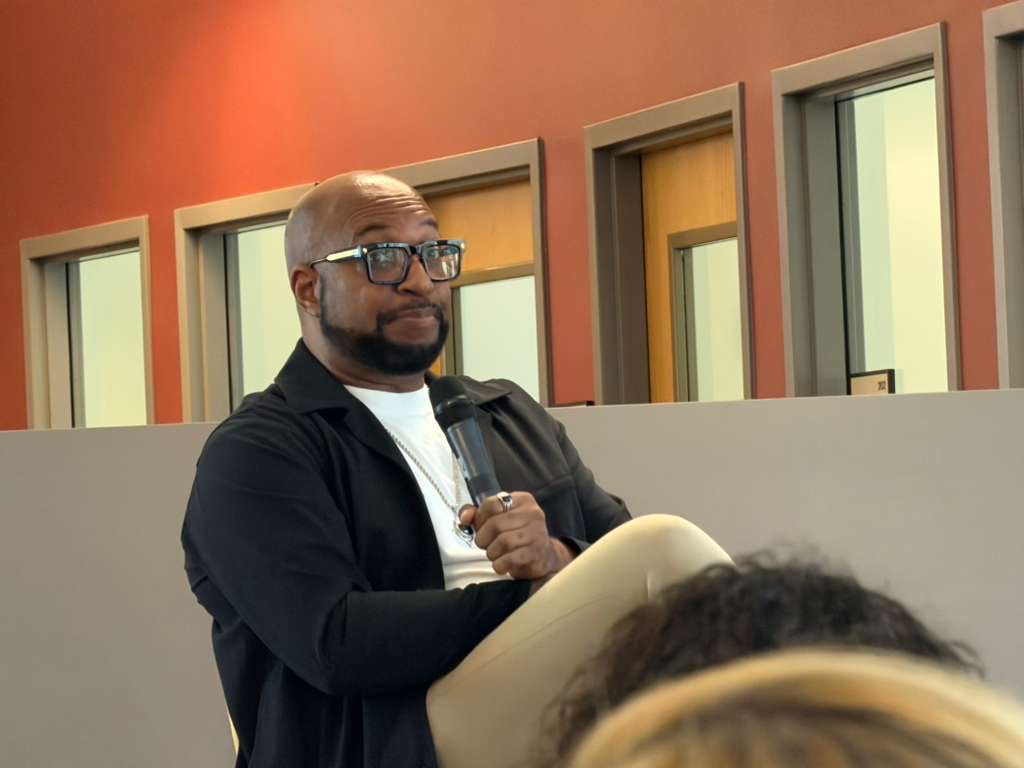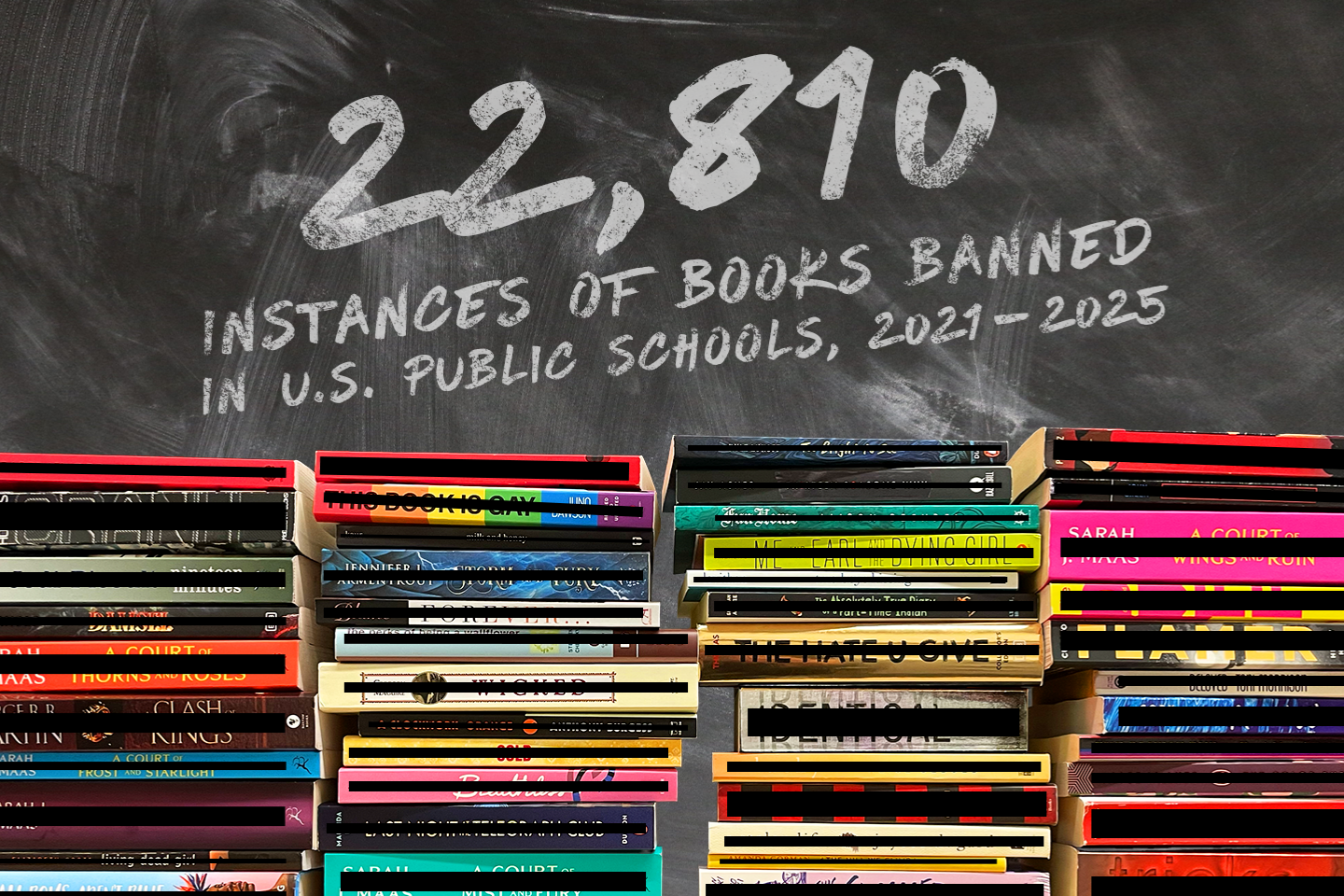Pre-Session Legislative Advocacy

In light of the 2023 legislative session, state school library associations should consider reframing their legislative strategies and shift focus to the pre-session or intersession period as a way to engage electeds outside of the intensity of the regular session. Education policy and funding are largely set at the state level. State school library associations face a tremendous challenge in advocating for legislative or policy changes that can make a real difference in students’ lives and the future of the profession, especially while facing the headwinds of book bans and censorship. Success doesn’t happen by chance. It requires careful planning, diligence, and perseverance.
One of the most critical – and often most under-appreciated periods for issue advocacy organizations – is the “pre-legislative session” or intersession period. During this time, the legislature is not in session, but legislators continue to work on policy matters. This is the time for your association to lay the groundwork for successful advocacy by researching and analyzing past trends, engaging stakeholders, developing strategies, building capacity, engaging the public and the media, drafting policies, setting up feedback mechanisms, and planning for contingencies.
Despite the name “intersession” suggesting a break, it’s a period filled with diverse activities that allow legislators to be effective representatives of their constituents. While it might seem like a break, state legislators often remain quite busy during this time. During the intersession, elected officials return to their home districts to meet with constituents, attend town hall meetings, and listen to concerns. They assist constituents in navigating bureaucratic challenges, addressing grievances, or obtaining services. Legislative committees may conduct studies on specific issues, evaluate existing laws, and gather data for potential bills. They even hold public hearings on pressing issues, which allow them to gather opinions from experts and the public. Legislators work on drafting and refining bills they intend to introduce in the upcoming session.
Many legislators attend workshops, conferences, or seminars to deepen their knowledge about specific issues or to develop legislative skills. These events also provide opportunities for legislators to network with their peers from other districts or states. Legislators, especially those in leadership positions, often discuss strategies for the upcoming session with party members. Almost all electeds engage in fundraising activities for their own re-election campaigns or for their political party.
Legislators often attend or host community events, fairs, school functions, or other local activities to remain visible and connected. They might be invited to speak at local colleges, service organizations, or business groups. Legislators study emerging trends, challenges, and opportunities in their districts and states. They might meet with industry leaders, academics, or policy experts to gain a deeper understanding of specific issues. Many maintain active social media profiles to keep their constituents informed and engaged.
As an issue advocacy organization, your state school library association should look to engage with elected officials during the intersession period.
- Schedule meetings with legislators in their home districts. This will allow you to have more focused and intimate conversations with them, away from the hustle and bustle of the regular session.
- Attend town hall meetings and other public events where legislators will be present. Use these opportunities to introduce yourself, share your organization’s mission and priorities, and ask questions.
- Offer to provide legislators with research and data on the issues you care about. This will demonstrate that you are a valuable resource and can help inform their decision-making when they return for the regular session.
- Use social media and other digital platforms to stay connected with legislators during the intersession period. Share relevant news articles, updates on your organization’s activities, and other content that might be of interest to them.
- Consider hosting your own events or roundtables on issues of importance to your organization. Invite legislators to participate and engage in constructive dialogue with them.
It’s important to be aware of the legislative landscape and take action to protect the perception of libraries and librarians. Start by assessing the legislative horizon. This involves predicting possible legislation that may emerge in the future and looking at past bills that might be reintroduced. You can also derive inspiration from successful legislation in other states. Next, gather data and analyze case studies to strengthen your advocacy position. This can be done during the intersession period when there’s time to collect evidence and prepare for future policy trajectories. Additionally, consider investing in training sessions, workshops, and seminars to reinforce the capacities of committees involved in legislative duties, intellectual freedom, and outreach.
Building relationships is also key to a successful legislative strategy. Strengthen bonds with legislators, their staff, and other stakeholders. These connections form the backbone of any advocacy effort. It’s also important to broaden the network and collaborate with stakeholders from sectors like civil rights, civil liberties, public workforce, education, and civil society groups. This creates a robust coalition of support.
Finally, media engagement is crucial for successful legislative advocacy. Use this time to set the record straight on controversial legislation to local media, establish relationships with media, and craft compelling stories to ensure that the librarian’s voice is always heard. In summary, embrace the complexities of the legislative process, maximize the intersession, and engage media proactively to ensure that libraries remain sanctuaries of knowledge, learning, and freedom.
The intersession period can be a valuable opportunity to build relationships with legislators and advance your organization’s priorities. Be strategic, respectful, and persistent in your outreach efforts, and you may find that you can make important progress even outside of the intensity of a regular session. EveryLibrary is available to help you set and achieve your goals. Please feel free to reach out. We would be delighted to talk with you and your team.
Filed under: Advocacy, Censorship, Legislation
About John Chrastka
EveryLibrary’s founder is John Chrastka, a long-time library trustee, supporter, and advocate. John is a former partner in AssociaDirect, a Chicago-based consultancy focused on supporting associations in membership recruitment, conference, and governance activities. He is a former president and member of the Board of Trustees for the Berwyn (IL) Public Library (2006 – 2015) and is a former president of the Reaching Across Illinois Libraries System (RAILS) multi-type library system. He is co-author of “Before the Ballot; Building Support for Library Funding.” and “Winning Elections and Influencing Politicians for Library Funding”. Prior to his work at AssociaDirect, he was Director for Membership Development at the American Library Association (ALA) and a co-founder of the Ed Tech startup ClassMap. He was named a 2014 Mover & Shaker by Library Journal and tweets @mrchrastka.
ADVERTISEMENT
ADVERTISEMENT
SLJ Blog Network
Which Publisher Has Won the Most Newbery HONORS This Century?
Winnie-the-Pooh Celebration Week: Day 1 – The Complicated History of a Silly Old Bear
Rodeo Hawkins and the Daughters of Mayhem | Review
Rumor Has It: Kids Battle Online Misinformation in NOTHING TO SEE HERE, a guest post and cover reveal by Barbara Dee
Our 2026 Preview Episode!
ADVERTISEMENT






